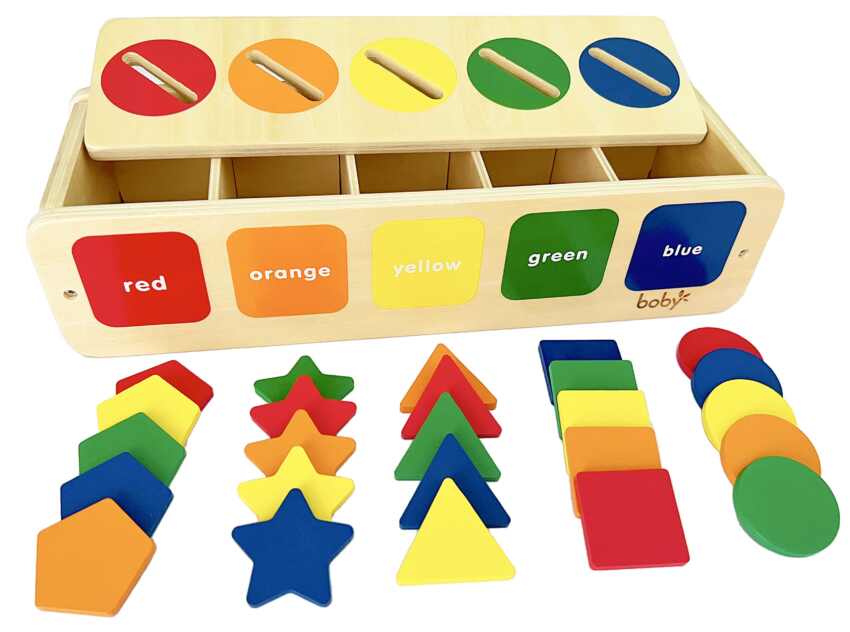Child skill development is a crucial aspect of every child’s growth and has a profound impact on their abilities, independence, and self-confidence. By implementing age-appropriate strategies, parents, educators, and caregivers can effectively foster children’s skills from their early years through their teenage years. This article explores various methods and activities tailored to different age groups to enhance their skill development.
Toddlers (Ages 1-3)
Toddlers are at a stage of rapid brain development and are highly receptive to learning. Focus should be placed on enhancing their gross motor skills, fine motor skills, cognitive abilities, and social interactions.
Gross Motor Skills:
Engage toddlers in activities that promote their physical coordination and body movements, such as crawling, walking, running, jumping, and climbing. Park visits, dancing, and playing with balls can be excellent exercises for gross motor skill development.
Fine Motor Skills:
Activities that enhance hand-eye coordination and develop fine motor skills include stacking blocks, drawing, coloring, and solving puzzles. These activities help toddlers improve their dexterity, finger strength, and spatial awareness.
Cognitive Abilities:
Introduce educational toys, books, and games that encourage problem-solving, memory skills, shape recognition, and counting. Simple activities like sorting shapes, identifying colors, and basic matching games stimulate cognitive development.
Social Interactions:
Encourage playdates, where toddlers can interact with their peers. This aids in language development, sharing, turn-taking, and practicing basic social skills. Storytime sessions and singing songs together also foster social bonds.
Children (Ages 4-8)
This age group is focused on refining the skills they have acquired during their earlier years while also developing new ones. Skill enhancement should revolve around creativity, critical thinking, emotional development, and communication.
Creativity:
Provide children with opportunities to engage in artistic activities, such as painting, sculpting, and crafting. Encourage their imagination through storytelling, role-playing, and building with blocks, fostering their creativity and self-expression.
Critical Thinking:
Engage children in puzzles, riddles, and strategy-based games that stimulate logical thinking and problem-solving skills. Encouraging them to ask questions, make predictions, and find solutions enhances their reasoning abilities.
Emotional Development:
Encourage children to express their emotions and help them develop healthy coping mechanisms. Activities such as journaling, mindfulness exercises, and discussing feelings promote emotional intelligence and self-awareness.
Communication:
Support language development by reading books together, encouraging storytelling, and playing word games. Engaging children in conversation helps develop their vocabulary, listening skills, and ability to express thoughts and ideas clearly.
Teenagers (Ages 13-18)
The teenage years are a critical period for personal growth and skill refinement. Strategies for skill development in teenagers should focus on academic success, self-confidence, decision-making, and relationship building.
Academic Success:
Enhance discipline, time management, and study skills to ensure teenagers are well-equipped for academic challenges. Encourage them to set goals, prioritize tasks, and maintain a study routine to foster a strong work ethic.
Self-Confidence:
Involve teenagers in activities that push them out of their comfort zone and help them build self-confidence. These can include participating in debates, sports, or performing arts, where teenagers can showcase their skills and talents.
Decision Making:
Teach teenagers how to make informed decisions by discussing real-life scenarios and consequences. Encouraging them to weigh pros and cons, think critically, and consider different perspectives enhances their decision-making abilities.
Relationship Building:
Guide teenagers in developing healthy relationships by encouraging empathy, active listening, and effective communication. Promote their participation in team activities, clubs, and community service, fostering social connections and leadership skills.
Enhancing child skill development through age-appropriate strategies not only helps children reach their full potential but also lays a strong foundation for their future success. By implementing the suggested activities and techniques, parents, educators, and caregivers can effectively nurture skills across various age groups, resulting in well-rounded individuals capable of facing life’s challenges.
Nidhin
For More Details Call: +917510220582





